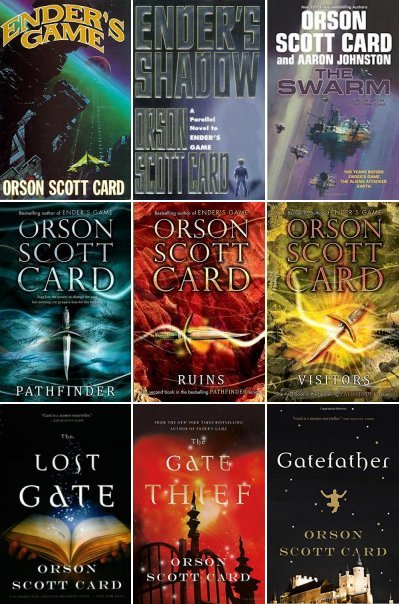


But then, the pyramids were already 2,500 years old when the A.D. For us on Earth, 2,000 year old events, say the Roman times, seem truly ancient history. Human “modern” history starts about 5,000 years ago, when writing was first developed and the first permanent monuments were built. There are religions and legends that developed. Of course, the people have no memory of where they came from. I will be careful not to place spoilers into my discussion here, but Card describes a human society that has developed after an interstellar trip on an alien and terra-formed world over a period of 12,000 years. Pathfinder describes the journey of the ark, albeit in an abbreviated and not well-developed format, and also focuses on what happens when a ship arrives at a target planet and colonizes it. I have found myself yearning for an ark story that continues when the ark actually arrives at its destination, be it after a few years of travel including hyperspace jumps, or after generations of ship-bound human evolution. Most of such stories focus on the building of the ark, the departure, and sometimes the trip itself. Second, I really like “ark” stories, where humans leave Earth for whatever reason in a one-way spaceship on a mission to colonize another world. First, I can’t get enough time travel books (just check my blog category for that), and Pathfinder is, above all, a story where time travel contributes to the plot in a major way. There are many flaws with this book, but several overarching facts made me love and savor it. Three of the main protagonists are kids aged 13 to 16, and the writing reminded me of Stephen King. Pathfinder is listed as a Young Adults book. I think of Card as a science fiction writer primarily, but he writes fantasy stories very well.


 0 kommentar(er)
0 kommentar(er)
